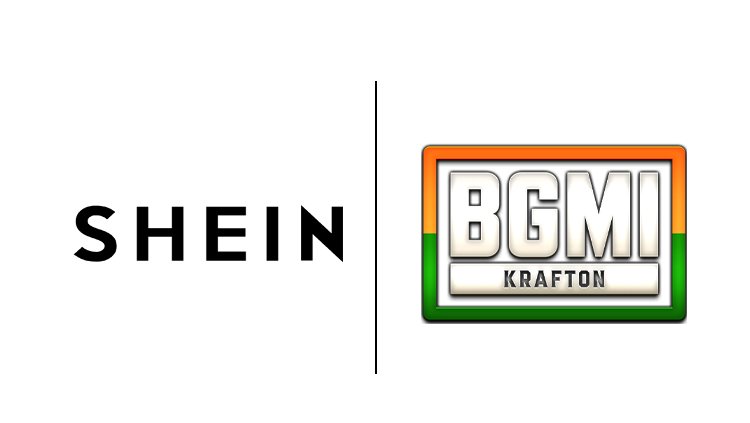Can Shein, BGMI, and others reclaim their customers?

As brands continue to turn their attention to what is now the world's most populous country, several foreign companies that were pushed out due to security and regulatory concerns are making a comeback by partnering with Indian entities to operate within the country.
The most notable of these are Chinese fast fashion retailer Shein, which has partnered with Reliance Retail, and South Korea-based Krafton's BGMI, which has created an Indian-specific version of the popular game PUBG. Both of these companies announced their return to India this week, while other brands are said to be planning their own comebacks as conversations with Indian business houses continue.
What needs to be seen is how they can reclaim consumers while appeasing authorities to avoid future penalties, a process that may prove difficult given the nationalist aspect that has crept into the discourse about foreign companies.
According to Alin Choubey, Business Head-North at FoxyMoron (Zoo Media), Shein and BGMI (Battlegrounds Mobile India) were market disruptors when they arrived in India. "Their return in collaboration with Indian entities and rebranding must be a well-planned strategy, particularly the marketing and advertising component, for them to regain consumer trust and maintain a positive relationship with vigilant authorities as well as the consumer."
In a similar spirit, CupShup Co-Founder Sidharth Singh remarks, "There are two contrasting data sets to consider." One, there is enormous animosity and hostility for Chinese brands among the Indian public. Survey after survey has found the same thing. As a result, there is undoubtedly anti-Chinese attitude, which can be traced back to the border flare-up and recent Chinese follies. The second data point is that, despite the government's PLI scheme, Chinese smartphone makers continue to dominate the roost in India markets."
"Despite all the hullabaloo about Apple gravitating towards India, the fact remains that we only produce 7% of total iPhones, and China is way ahead of us," he says. As a result, consumers aren't having a problem with the product, technology, or service in this scenario. It's all about psychology."
Returning brands, according to Choubey, will need to take the following steps to modify this mindset: Transparent Communication; Localization and Cultural Sensitivity; Social Responsibility Initiatives; Enhanced Data Privacy Measures; and Collaboration with Local Authorities. "It is critical that these rebranded brands demonstrate a genuine commitment to the Indian market, local values, and regulatory compliance." They may repair trust, recruit customers, and preserve favorable relationships with vigilant authorities by implementing these techniques," he argues.
According to Chirag Gander, Co-Founder of The Minimalist, for a successful re-entry, Shein must employ fresh techniques that resonate with Indian consumers while addressing ethical issues raised by the earlier ban.
"The brand values transparency and open communication." Priority must be given to ethical sources and manufacturing. Shein should prioritize responsible and sustainable practices such as fair salaries, safe working conditions, and environmentally friendly manufacturing procedures. They may link themselves with the growing demand for ethical fashion and appeal to socially conscious consumers by doing so," he says.
"And, in my opinion, most of the time, brands themselves become embroiled in controversy, or mistakes appear obvious in retrospect." For such firms, the marketing strategy does not need to change at all. "However, they must be cautious about any association with nationalistic sentiment, politics, and religion, which are all off limits in a country like India," says Singh, adding, "Just a couple of years ago, Late Chief of Defence Staff Bipin Rawat's attendance in MG Hector program caused a stir." Brands should be mindful of such incidents and should be fine."
"PUBG or rebranded as BGMI, Shein, etc before being banned in India were highly popular brands among Indian users," explains Joyeeta Ghosal, Director of Marketing, Gokwik. PUBG had over 50 million monthly active users at one point. Similarly, Shein gained appeal among Gen Z consumers because to its fast fashion model and low prices."
Shein items were still being sold on several marketplace sites notwithstanding the ban. "These companies should raise awareness about their data and privacy policies through marketing and public relations." Shein should surely consider associating its name with Reliance Retail in order to build trust. "The rest should be taken care of by consumer popularity," Ghosal says.

 Sumit Rawat
Sumit Rawat 










